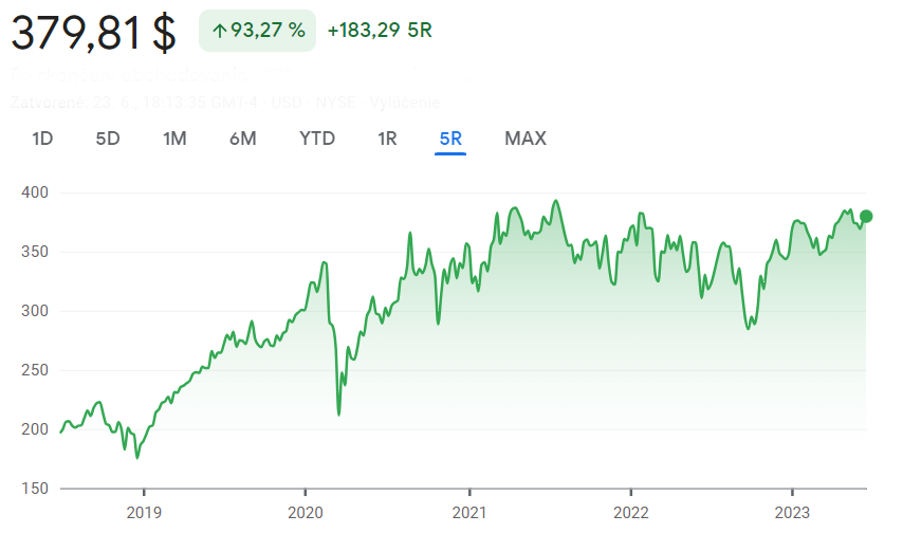Ajay Bhalla, predsednik oddelka za kibernetsko in obveščevalno dejavnost pri družbi Mastercard Inc, je v sodelovanju z osmimi podružnicami banke HSBC Holdings Plc v Združenem kraljestvu povabil banke po vsem svetu, naj se pridružijo prizadevanjem za varčevanje s plastiko. Banke bi morale svojim strankam zagotoviti možnosti za recikliranje kartic. V okviru projekta bo Mastercard banki HSBC zagotovil stroje za drobljenje, ki bodo lahko obdelali 10.000 kartic, ko bodo polni, pa jih bodo prenesli v obrat za recikliranje plastike.
V obtoku je na milijarde plačilnih kartic
Mogli bi reči, da se tako majhen kos plastike ne sešteje. Če pogledamo z globalnega vidika, ima v današnji dobi digitalnega plačevanja vsak odrasel človek v lasti vsaj eno kartico. Ker je svet poln odraslih, je količina debetnih in kreditnih kartic v obtoku velika. V prvih šestih mesecih projekta bodo stranke lahko reciklirale katero koli kartico, tudi kartice konkurenčnih plačilnih podjetij. Jose Carvalho, vodja oddelka za premoženje in osebno bančništvo pri britanski banki HSBC, vidi pilotni projekt kot osnovo za dolgoročne načrte. Po podatkih družbe Mastercard je trenutno v obtoku približno 3,1 milijarde kartic s povprečno življenjsko dobo približno pet let. Po Nilsonovem poročilu je po svetu v obtoku skupno več kot 26 milijard kartic, do leta 2027 pa bi se ta številka lahko povečala na 28,4 milijarde.

Vrednosti delnic družbe Mastercard v zadnjih petih letih. (Vir: Google) *
Razvoj vrednosti
Akcije družbe Mastercard na borzi so v zadnjih petih letih zelene barve.* Ugodnega dolgoročnega razvoja niso spremenili pandemija in drugi negativni dejavniki, povezani z energetsko krizo in povečanjem inflacije. Nasprotno, prav pandemija je spodbudila hitrejši in izrazitejši prehod na digitalizacijo ter spodbudila spletno nakupovanje, vse prek nakupovalnih kartic.
Baterije se bodo tudi reciklirale
Eden vidik trenutnega trenda rasti električnih vozil je množična proizvodnja baterij in zagotavljanje stabilnih virov materiala. Po mnenju nekaterih aktivistov ima ta industrija kljub svojemu zelenemu potencialu velik vpliv na okolje. Zato je ameriško podjetje ACE Green Recycling, specializirano za recikliranje svinčenih akumulatorjev, napovedalo partnerstvo z izraelskim podjetjem Hakurnas Lead Works, ki ga opredeljujejo ničelne emisije toplogrednih plinov. Tehnologija podjetja ACE Green ne tali kovin, temveč deluje pri sobni temperaturi in temelji izključno na električni energiji, kar predstavlja pomemben napredek pri modernizaciji industrije. Skupaj nameravata ustvariti zmogljivosti za recikliranje 50 tisoč ton svinčenih akumulatorjev na leto v obratih v Izraelu in Romuniji, ki bodo začeli delovati proti koncu letošnjega leta. Ta projekt bo s prodajo svinčevih kovin prinesel do 60 milijonov ameriških dolarjev na leto. Družba ACE Green je decembra sklenila 15-letno pogodbo z globalnim rudarskim podjetjem Glencore, kar pomeni dolgoročno sodelovanje na področju recikliranja baterij in odgovorne rabe virov.
Olivia Lacenova, glavna analitičarka družbe Wonderinterest Trading Ltd.
* Dosedanja uspešnost ni zagotovilo za prihodnje rezultate